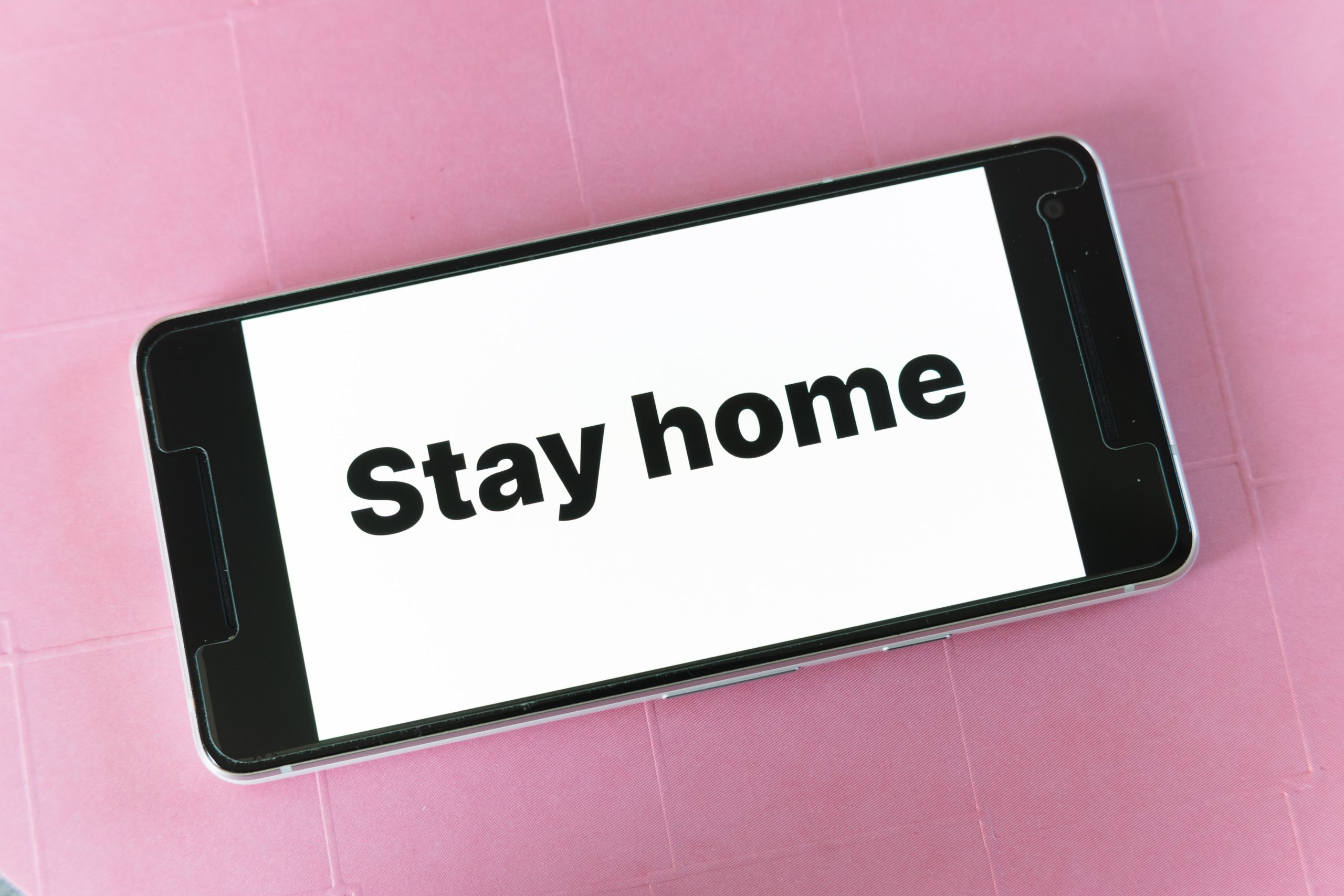
What to Know About Getting Arrested for Breaking Curfew Orders
As protests persist and COVID-19 rapidly spreads, local officials have issued many cities and counties to follow strict curfews and stay-at-home orders. The curfews and orders are used as a tool to address public safety, yet more and more people continue to stay out past enforced curfews, leading to multiple arrests and other charges that add on due to civilian resistance.
Increased arrests have sprung up questions surrounding curfew orders and the consequences of breaking them. If you’ve been arrested in Orange County for breaking COVID-19 or protests curfews, you’re entitled to the guidance of an attorney. Contact an experienced criminal defense attorney at The Umansky Law Firm to learn more about your case.
What are Curfew Orders?
Curfew orders are designed to prohibit or limit you from being in public during certain hours. Some curfews are specific to businesses and juveniles, but the purpose of curfew orders is generally the same: to decrease crime, or in the case of COVID-19, to slow the spread of the virus. Usually, regulations go into effect around the evening and then lift in the morning.
Generally, curfew orders only apply to public properties, which means that you will have to remain on your own private property. But this doesn’t necessarily mean you have to remain indoors. If your yard, patio, or driveway is your own private property, then you are free to be out. However, a law enforcement officer has the direct authority to overrule a curfew order. This means that if an officer asks you to go inside on your own property, then you must follow their orders, or you will be breaking the law.
Types of Curfew Orders
There are three types of curfews orders: emergency curfew laws, business curfew laws, and juvenile curfew laws. The following information will outline these curfews in detail.
Emergency Curfew Laws
Emergency curfew laws are set in order by government officials, whether it be from the federal, state, or local levels, concerning an emergency such as:
- Public health crisis
- Ongoing civil disturbance
- Natural disasters
These types of curfews are only designated to last for a short period of time, until it’s otherwise safe or the emergency ends. Both COVID-19 and protests are considered an emergency curfew law which may require people or businesses to perform certain actions depending on the area, including:
- Not standing, sitting, biking, or walking
- No parking or driving
- Not allowing businesses to be open past curfew
However, essential services like fire, police, or hospital services will be exempt from such curfews and will be allowed to continue their duties.
Business Curfew Laws
In the event of an emergency, the government can place a curfew on businesses to ensure the safety of the public. These curfew laws put a restriction on the times businesses can operate. Some businesses that could be required to close early include:
- Grocery stores
- Restaurants
- Liquor stores
For instance, in response to COVID-19, businesses all over the county have changed their operating hours. Business curfews have also been authorized to reduce crime in populated areas, therefore businesses are requested to close early to prevent the number of people out.
Juvenile Curfew Laws
The purpose of juvenile curfew laws is to limit youth related violence, by making it illegal for minors to be out past a specific time. Usually, juvenile curfews apply to those under the age of 18 and run from 11:00 p.m. to 6:00 a.m. Exceptions to curfew laws include:
- Minors traveling back and forth from work
- Minors with a parent or guardian
- Minors out at a religious or school event
- Emergencies
What Happens If You’re Arrested for Breaking Curfew Orders in Orange County?
Breaking a curfew order is considered a second degree misdemeanor under Florida Statute 252.50. If a police officer has probable cause that you are violating a curfew order, they are permitted to arrest you. If convicted of a second-degree misdemeanor in Florida, penalties will include:
- Up to 60 days in jail
- 6 month probation
- Maximum fine of $500
Although curfew orders seem insignificant, violating them can lead to both serious short-term and long-term consequences. If you are being charged with violating curfew, an attorney can help you understand the gravity of the situation and take the necessary steps to protect your future.
Discuss Your Case with an Orange County Defense Lawyer
It is crucial that everyone, including parents, guardians, adults, juveniles, and businesses, takes curfew violation orders seriously. If you don’t know if curfew laws apply to you, contacting an attorney will help you discover your rights and obligations. If you are facing a curfew violation in Orange County, the attorneys at The Umansky Law Firm are aware of local curfew rules and will be able to help evaluate your defense options to give you advice on the best next steps.
The Umansky Law Firm has over 100 years of experience handling a wide range of criminal cases and works passionately to deliver extraordinary customer service to our clients. We extend all our resources to put forward a strategic defense that will help you move past this challenging time. Call our office or complete our contact form for a free consultation.


